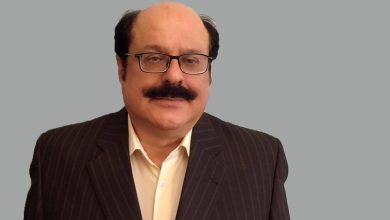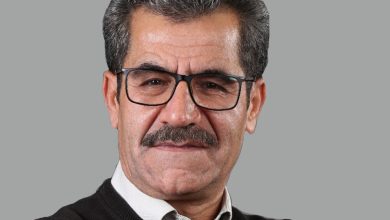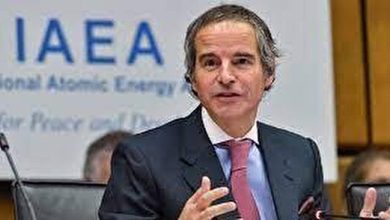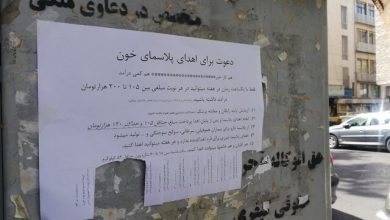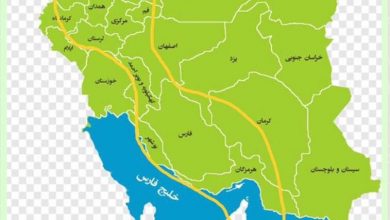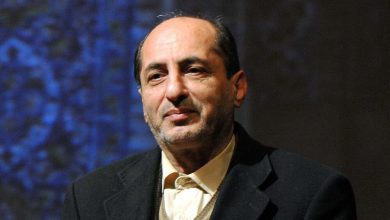

This is the same miscalculation that Vladimir Putin made at the beginning of the war with Ukraine. He was happy to believe that in a military action called “Special Operations” he would be able to achieve all of his military objectives in Ukraine within a week to ten days and put the international community ahead of the action. But it soon became apparent that he had been degraded even by the Chinese, who thought they would be Xishong’s ally to Russia in this campaign. A political observer defines the current Sino-Russian relations as follows: “Beijing has realized that Moscow is now experiencing a kind of nosebleed. This situation is not only shameful from the point of view of power politics, but it also helped increase the unity and rapprochement of NATO. Therefore, Beijing’s approach has been Its recent challenge with the West, especially the United States, over Taiwan and the distribution of geopolitical interests in East and North Asia is different from Moscow’s approach to maintaining the security of its borders against NATO aggression.Beijing has consciously replaced politics based on “national interests” with “idealism” in the balance of power.In the same context Washington, understanding the realities of the times, sent its foreign minister to conduct a dialogue with the leaders of China in order to remove the tension again between the Chinese almond eyes and the Anglo-Saxon blue eyes, and lead to the normalization of relations.This is despite the fact that neither side in accepting the new situation did not give points additional to the other party except what would secure their interests in an acceptable situation.
The understanding towards the Beijing-Washington agreement in de-escalation comes from a realistic origin based on the recognition of the priorities and political interests of both sides. Given the current state of the world and the geopolitics of North and East Asia, they considered immediate de-escalation essential. This realism overshadowed their negotiations and their results. The kind of soft statements made by Chinese leader Xi Jinping and the foreign ministers of China and the United States during Anthony Blinken’s recent visit to Beijing demonstrated a realistic understanding between the world powers. They correctly recognized that force (or in a better sense in this article, force) alone does not provide the concept and goals of “real politics”; But besides this, the factor of “influence” will have a complementary role if he correctly understands the current time and situation in the world and the disputed area. For this reason, the realist forces correctly understood that A: Achieving a full score in any negotiation dates back to the classical era or the pre-colonial era. B: Idealism or what is known as ultimate goals in foreign policy, within the framework of pragmatic positions, has a period of stagnation. A: The security of any country is undoubtedly possible when it has a close relationship with the global situation.
However, the Chinese, in their realist position, pay attention to the fact that although America is not the absolute power of the world as it was in the years after World War II and the end of the Cold War, this does not mean that it is not. He became weaker than the others. Therefore, while establishing a high military, economic and political capacity to defend national and security interests, between competition, partnership and cooperation, they have appropriately identified and implemented the latter two cases in their foreign relations. Accordingly, they divided their allies into long-term partners, secret enemies, and open enemies. Çeşem Badamis correctly understood that economic power determines geopolitical power and not the voice of one who is above others. In pragmatic defense of national interests, Chinese statesmen put 1- deterrence policy 2- peace and diplomacy on the agenda. Because both have overlapping results, and their principle is external security and internal prosperity.
Looking at the historical and exemplary experiences of Mao Zedong, whose country was known as “Communist China” or “Red China” among the governments and peoples of the world, the Chinese are trying to show a different effect of their high status. In addition to “soft power”. However, their behavior and rhetoric in preserving and strengthening their regional and global position is accompanied by a realistic understanding.
Beijing officials, especially in the recent negotiations with Special Envoy “Joe Biden”, in a way that they learned from other international actors, have reminded this concept even to their allies or partners that, according to “Henry Kissinger”, merging the “balance of power” strategy with “cooperative diplomacy” will not It is able to eliminate aspects of hostility or difficult competition, but it can lessen their impact. At the same time, the Americans clearly and realistically realized that today’s China is different from the 1970s and conducted a dialogue with it on a parallel level.
The Beijing negotiations were a show of clever politicians trying to find a balancing act in the midst of growing conflicts before a catastrophe like Ukraine struck in East Asia. The Chinese philosopher Sun Tzu said, “Victory comes from finding opportunities to solve problems.” The outcome of the tense, pragmatic negotiations and accompanying understanding between Anthony Blinken and the Chinese leaders can be summed up in this mutually agreed English proverb, “I’ll scratch your back, and you’ll scratch mine.”
What the Chinese showed at the height of tensions with the West over Taiwan and its administration shows the difference in the style and approach of “Xi Jiping” and “Vladimir Putin” with different results. According to Kenneth Demaranche, possession of boxing gloves alone does not determine the fate of a competition or fight.


